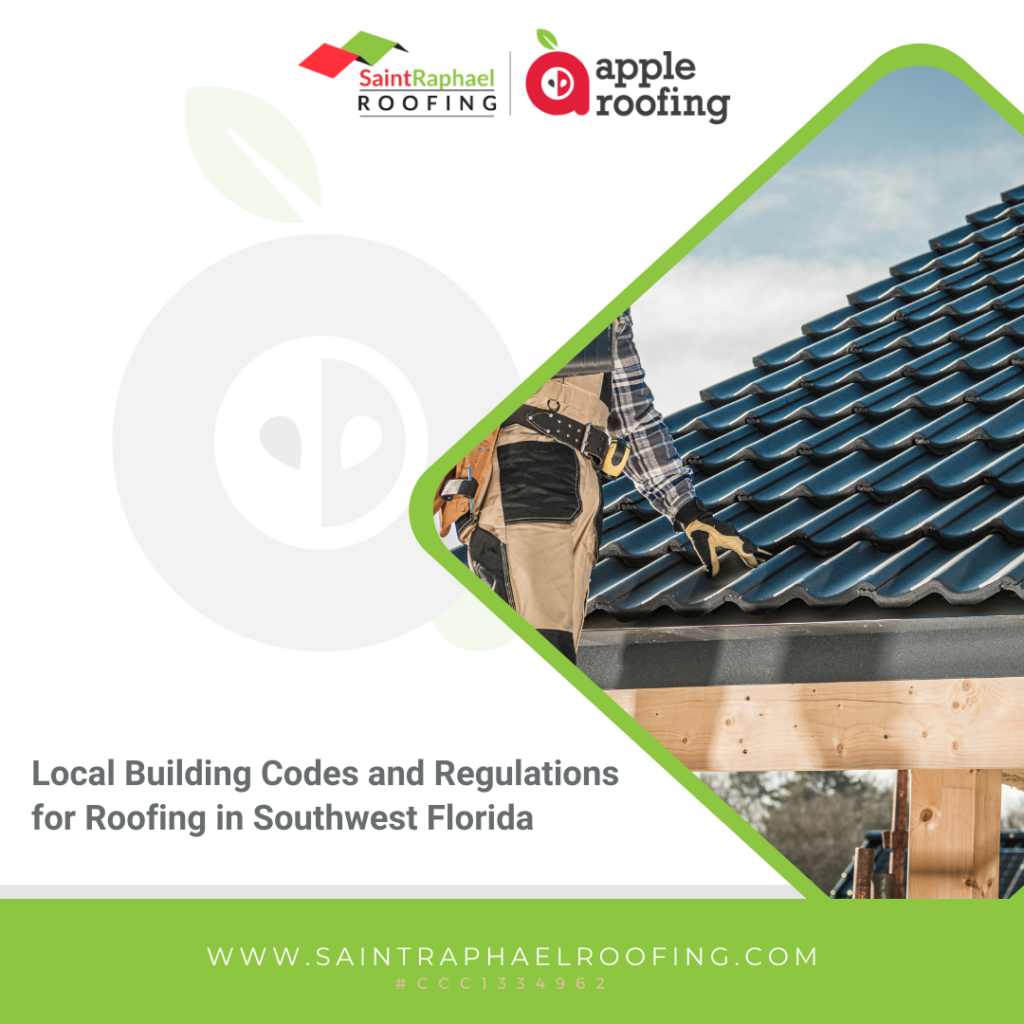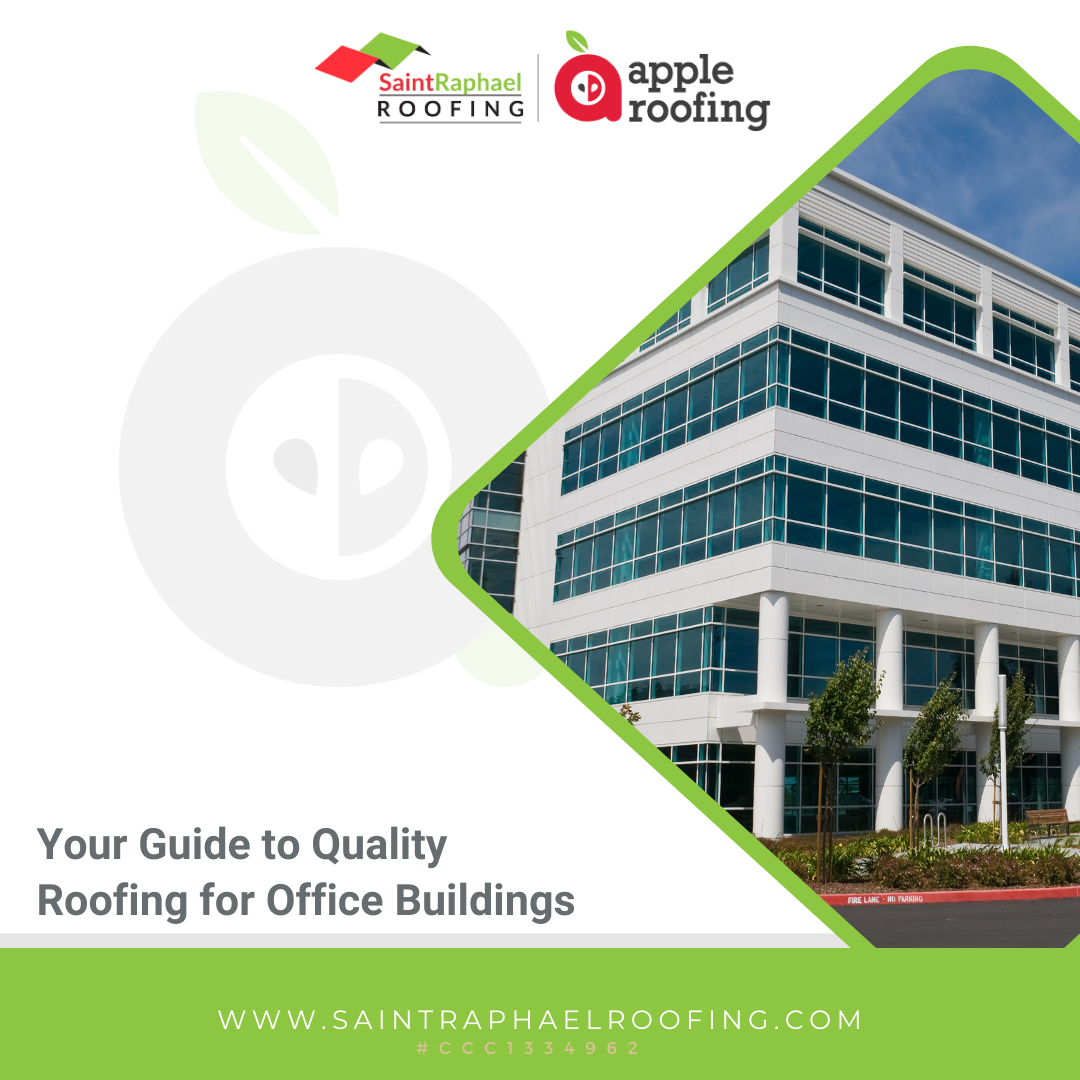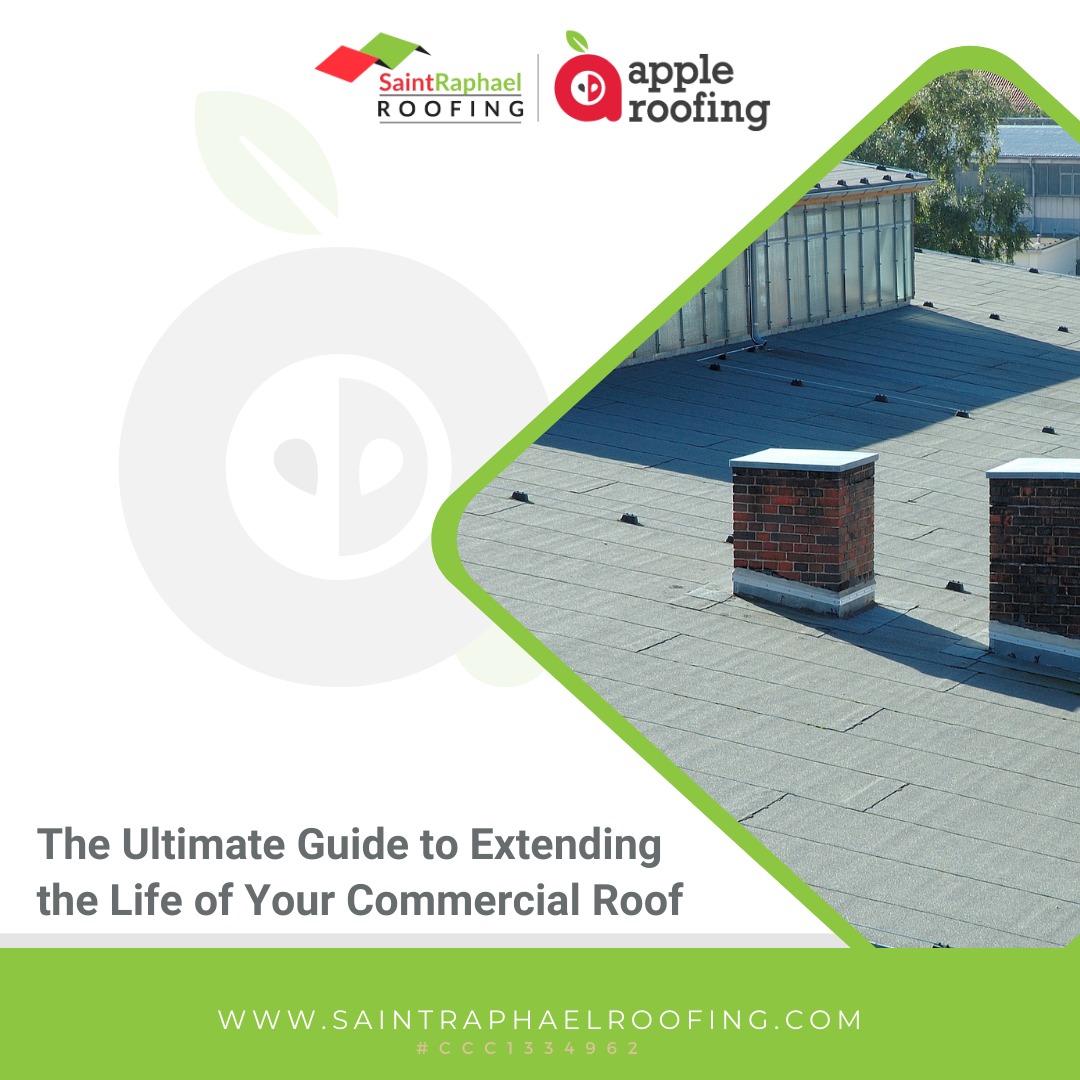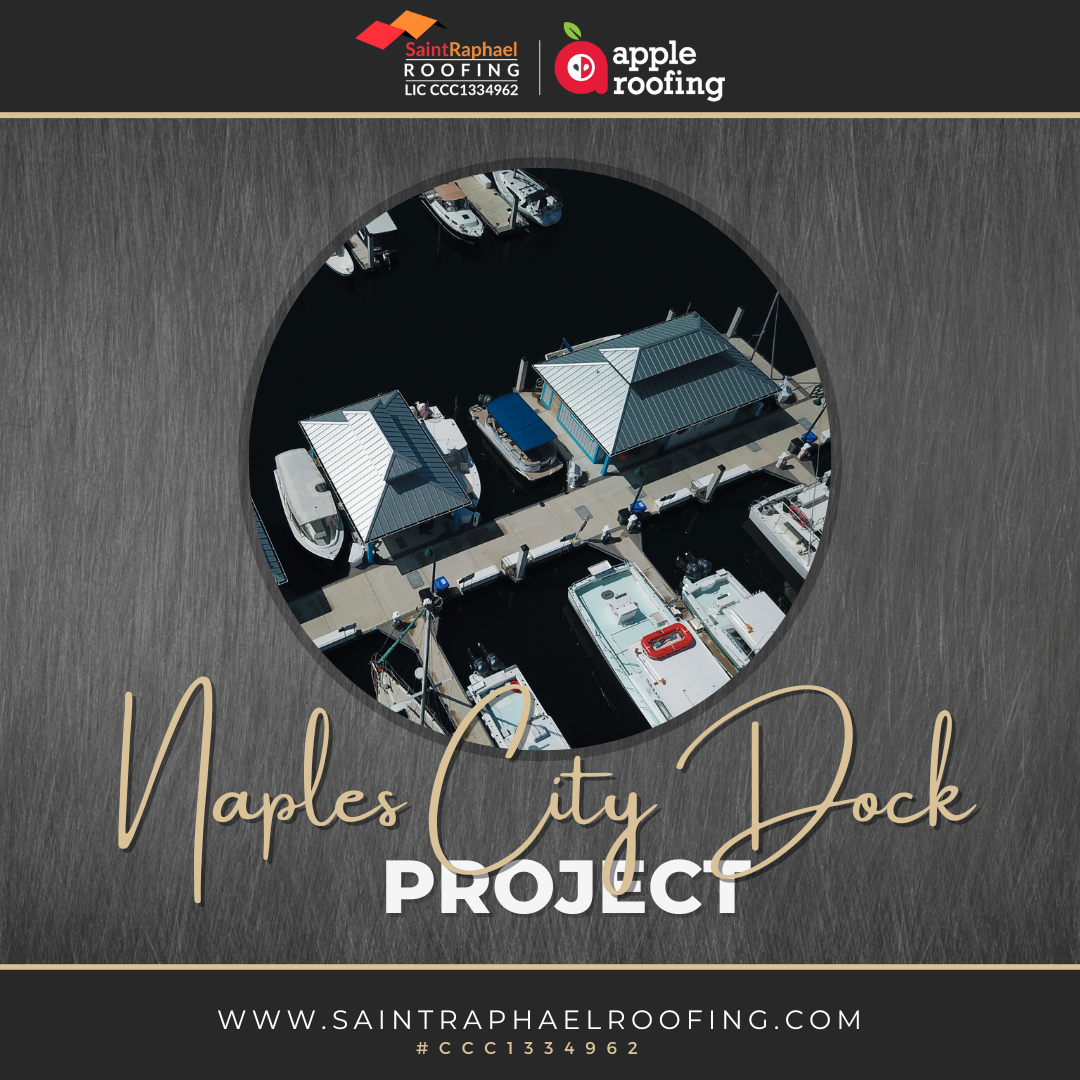We are committed to ensure that homeowners in Southwest Florida are well-informed about the local building codes and regulations that govern roofing projects. Understanding these requirements is essential for compliance, safety, and longevity of your roofing system.
Importance of Local Building Codes
Building codes are established to ensure the safety and integrity of structures. They dictate the materials, methods, and standards used in construction, including roofing. In Southwest Florida, these codes are particularly important due to the region’s unique climate, which includes hurricanes and heavy rainfall.
Key Codes and Regulations
1. Florida Building Code (FBC)
The Florida Building Code is a comprehensive set of regulations that applies to all construction activities in the state, including roofing. The FBC covers various aspects such as:
- Material Specifications: Certain materials are required for different types of roofs to ensure durability against harsh weather.
- Wind Load Requirements: Southwest Florida is prone to hurricanes, so roofs must be designed to withstand high winds. The FBC specifies wind load calculations based on the location of the property.
2. Local Amendments
In addition to the FBC, local jurisdictions in Southwest Florida may have specific amendments that affect roofing:
- County-Specific Regulations: Each county may implement additional requirements based on local conditions. For example, Lee County and Collier County may have different standards regarding insulation and energy efficiency.
- Permit Requirements: Before starting any roofing project, homeowners must obtain the necessary permits from their local building department. This ensures that the work meets all applicable codes.
3. Roof Material Regulations
Different materials come with their own set of guidelines:
- Shingle Roofing: Must meet specific fire ratings and wind resistance standards.
- Metal Roofing: Should comply with additional requirements regarding corrosion resistance, especially in coastal areas.
- Tile Roofing: Installation must adhere to guidelines that ensure tiles can withstand wind uplift.
4. Inspections
After installation, roofing projects typically require inspections by local authorities to ensure compliance with building codes. This process includes:
- Initial Inspection: Checking structural integrity and adherence to design plans.
- Final Inspection: Verifying that all work is completed according to code before final approval.
Considerations for Homeowners
- Hiring Licensed Contractors: Always choose contractors who are licensed and familiar with local codes. Our company is fully licensed and knowledgeable about the regulations specific to Southwest Florida.
- Documentation: Keep records of permits, inspections, and any communications with local authorities as they may be required for future home sales or renovations.
- Stay Informed: Building codes can change. Staying updated on regulations can help you maintain compliance and protect your investment.











